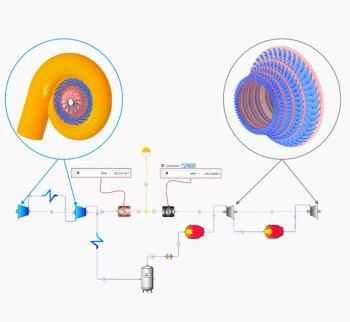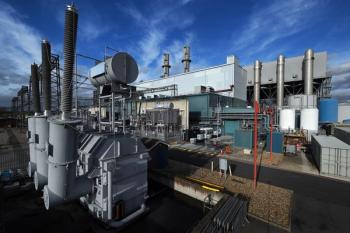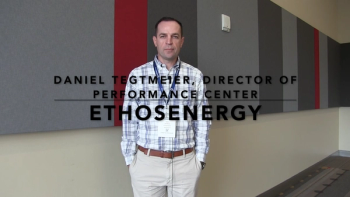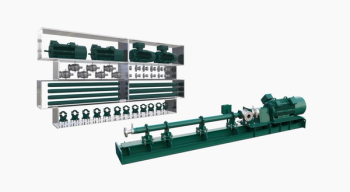
Is Factory Acceptance Test enough?
Schedule delays can prompt some vendors to offer field mechanical tests as an alternative to specified shop tests. Field testing exposes turbines to situations not encountered in FAT testing (piping and foundation stresses) which lead to decision delays and possible acceptance of less than reliable equipment.
The testing phase is the last phase in terms of vendor and sub-supplier design and manufacturing involvement in the project – and so it is the last chance to ensure the optimum availability of the finished product. All equipment is most likely custom designed, and no matter how much accrued design and manufacturing experience is present, the possibility of some abnormality, hopefully minor, is high. Therefore, it is imperative that this phase be carefully observed and witnessed by the end user team.
The shop test is an opportunity to:
- Confirm vendor proper design and manufacture
- Match field conditions
- Witness assembly and disassembly using job special tools
- Have plant personnel observe test and assembly, and take pictures for purposes of emergency field maintenance excellence
- Review the instruction book
- Have the assigned vendor service engineer observe the equipment he will install
- Review all vendor field procedures
Always shop test special purpose steam turbines in spite of schedule delays, but do consider a spare rotor high speed balance machine test, to minimize total Factory Acceptance Test (FAT) time when the delivery is behind schedule. There are many opportunities to ensure equipment reliability during shop test, but there are also a lot of potential lost opportunities if they are not justified to the project team early, during the pre-FEED phase of the project. The success of the shop test depends on a good test plan that is reviewed by the end user and contractor, and modified as requested well in advance of the test.
At the conclusion of all test activities, there is still important work to be performed. Some of them are to confirm mechanical test acceptance and auxiliary system test acceptance; inspect components and confirm acceptance; agree to any corrective action in writing; and whether it is an accept or reject test, any corrective action requires a retest.
What happens if the test is not successful? Approximately 50 percent of the tests are not successful due to one component or more not meeting test requirements. Finally, the test report is an important document that represents the ‘baseline performance’ of the unit and will be a benchmark for field operation acceptability.
Field testing exposes the end user to many issues that can lead to endless discussions regarding acceptability and corresponding start-up delays. The necessity to correct identified field issues can delay start-ups by months. The initially attractive option of field testing to correct manufacturing schedule delays has proven time and again to be a false hope, which leads to longer delays in field start-ups than would have resulted from a delayed FAT.
This best practice has been used since the 1980s to ensure on time start-ups and steam turbine field operation of the highest possible reliability (99.7 percent+).
Newsletter
Power your knowledge with the latest in turbine technology, engineering advances, and energy solutions—subscribe to Turbomachinery International today.




